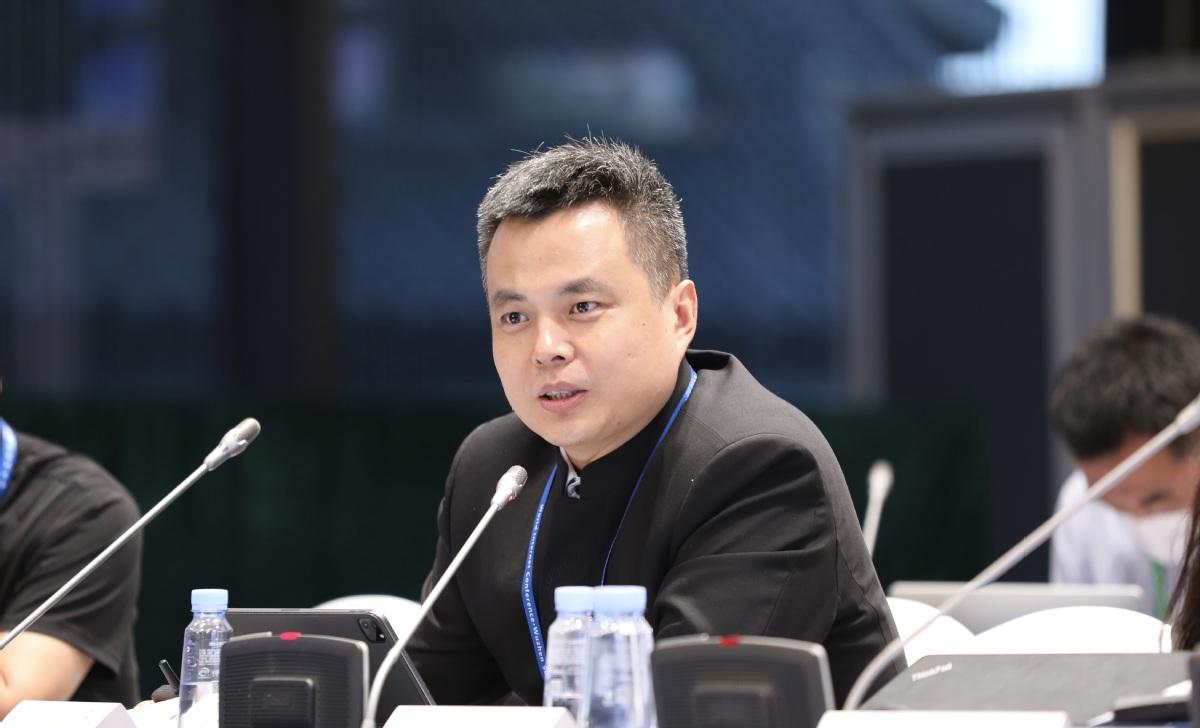
Li Xiaodong, director of Fuxi Think Tank
On September 27, the Internet International High-end Think Tank Forum was held in Wuzhen, Zhejiang Province, with the theme of "Global Cooperation and the Role of Think Tanks under the Epidemic". Li Xiaodong, director of Fuxi Think Tank, delivered a speech.
The full text is as follows:
What I want to express today is "ushering in a new era of digital civilization and working together to build a resilient world".
Fuxi Think Tank is a new institution, mainly engaged in digital transformation and development. We were founded in October 2019 and two months later we encountered the pandemic, and our work involved data governance, digital infrastructure, and smart city functions. In addition, we have also carried out a lot of international cooperation, from big data to the global Internet to the XSDAR system have established a relatively close connection.
My first point is to build a community of common destiny in cyberspace in the new era of digital civilization. We did some assessments, and last year's global Internet penetration reached 59%, an increase of nearly 10 percentage points over 2019, and the annual growth rate exceeded previous years. The epidemic has promoted the popularization of digitalization, and if the growth rate of last year is maintained, the global Internet penetration rate is expected to exceed 66.8% this year. This will be a milestone event for the construction of the entire digital civilization. Of course, the final statistics still depend on the actual situation at the end of this year.
We hope that after the Internet penetration rate increases, we will encounter better development opportunities, but we also face another problem, that is, "anti-globalization". On the one hand, we must rely on the product of globalization, the Internet, to develop the digital economy, but on the other hand, we must face the threat of "closed doors" in the Internet era. This leads to two problems: one is the data divide and the other is the data silo. I don't think the data divide is narrowing, and the internet is fragmented. Data silos are exacerbated by data protection concerns.
Global cooperation usually has several aspects: government-to-government cooperation, academic cooperation, and industrial cooperation, all of which face great challenges. At this time, the role of think tanks is highlighted, think tanks have their own characteristics, is a bridge connecting countries and different groups. So, how to strengthen cooperation between think tanks and form a think tank cooperation network? That's what we need to think about. Such cooperation requires the support of both academic circles and technology platforms, and think tanks do play such a role.
Finally, I would like to say that if we can form a think tank cooperation network, then many things will be achieved, such as sharing the experience of various countries in fighting the epidemic and eliminating network security risks.
That concludes my report. Thank you!